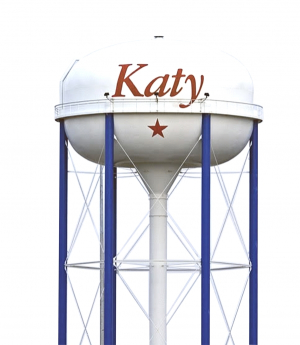Beginning this fall, the University of Houston’s Cullen College of Engineering will offer two energy-focused engineering courses at the Houston Community College (HCC) Northwest-Katy Campus, about a mile north of Interstate 10 at 1550 Foxlake Drive.
The graduate-level courses in petroleum engineering and subsea engineering – both in high demand along the West Houston Energy Corridor – will be the first of many UH engineering courses offered in the Katy area.
A new UH branch campus in Katy will offer degrees most relevant to current industry demands, including engineering, business and education. A grand opening of the UH Katy facilities located near I-10 and the Grand Parkway is tentatively scheduled for 2018.
Joseph W. Tedesco, Elizabeth D. Rockwell dean of the Cullen College, said the college’s administrators didn’t want to wait that long to begin offering engineering courses in Katy.
“Katy is one of the fastest-growing areas in the Houston region, and the demand for energy and engineering talent in Katy has never been greater. We want those who live in the area to have access to a world-class engineering education in their own backyard,” Tedesco said.
The courses will be taught by world-renowned faculty. Christine Ehlig-Economides, a member of the National Academy of Engineering, will teach “PETR 6314: Pressure Transient Testing.” The course will explore the theory and application of pressure transient testing of oil and gas wells for determination of reservoir properties and near-well damage or stimulation.
Subsea engineering industry leader Burak Ozturk will teach “SUBS 6330: Pipeline Design,” a comprehensive overview of subsea pipelines, including lessons on pipeline design, flow assurance, material selection, installation and construction, inspection and integrity management. Students who successfully complete the pipeline design course may apply the credits toward a certificate in subsea engineering from UH.
Both courses are open to degree-seeking students and, with the consent of the respective programs, non-degree-seeking students. Both courses may be applied toward a master’s degree in petroleum or subsea engineering based on successful admission into the respective graduate programs.
Tom Holley, interim chair of the UH Department of Petroleum Engineering, said the petroleum engineering course offerings in Katy will be geared toward working engineers who are looking to set themselves apart in the workforce.
“We want to provide access to education in the Katy area that will help to fill in the gaps we anticipate in the energy workforce,” Holley said.
The Texas Workforce Commission estimates that petroleum engineering will be among the fastest-growing occupations in the state of Texas through 2022, with demand for petroleum engineers increasing by 49 percent. Roughly 875 new petroleum engineering positions will be added across the state each year, according to TWC estimates.
The nation’s first subsea engineering graduate program was launched at UH in 2012 in direct response to industry workforce demands. Offshore oil and gas reserves continue to account for an increasing share of global energy production, but the supply of engineers skilled in the design and maintenance of subsea systems for energy production continues to lag behind.
“It’s our responsibility to make it as easy as possible for people to get a top-notch subsea engineering education where they work and live,” said Matthew Franchek, director of the subsea engineering program at UH.
For more information on the UH Engineering courses in Katy, visit www.egr.uh.edu/engineering-katy.
